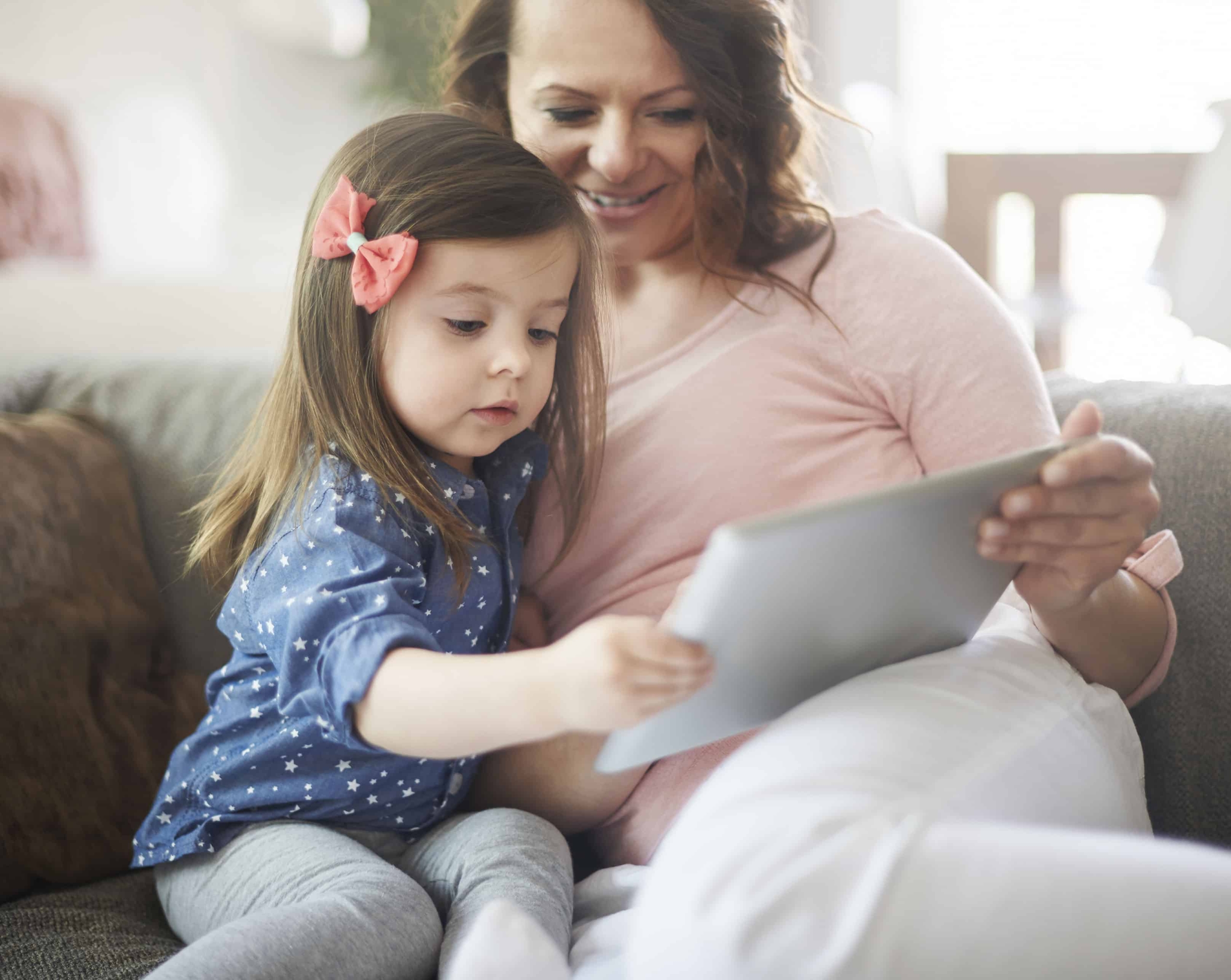Watch Me Grow-Electronic (WMG-E): Watch Me Grow weblink for child development expanded to include parental mental health and social wellbeing as a COVID-19 service response

Project Details
STATUS
START
2021
END
2023
Principal Investigators
Categories
Clinical Themes
Platforms
Watch Me Grow-Electronic (WMG-E): Watch Me Grow weblink for child development expanded to also include parental mental health and social wellbeing as a COVID-19 service response.
This project aims to implement a digital solution to address these issues and expand child developmental monitoring by adding screening components for the mental health and psychosocial impacts of the pandemic for children and their parents in the first 2000 days. The aim of this research is to use the WMG-E weblink at homes and in the community (when child and family and GP clinics were closed, and families had no access to routine well baby checks due to the pandemic) to engage parents to identify and address parental mental health, psychosocial wellbeing, and child developmental needs with a focus on CALD communities in SWSLHD and regional/rural communities in Murrumbidgee LHD.
We have tested 1) the acceptability 2) effectiveness and 3) cost-effectiveness of the WMG-E (child development, parent mental health and unmet psychosocial need screening and interventions) “virtual care approach” compared to “care as usual (CAU)” in a randomised controlled trial (RCT) to engage families that are hard to reach due to sociocultural or geographic barriers as a direct NSW Health COVID-19 response. This will benefit NSW health system as a COVID-19 response to current barriers in service access and also aid its future digital policy direction (1).
Further, in conjunction with our research findings, we were commissioned by NSW Health to conduct an evidence synthesis of developmental surveillance tools (2) including specifically in Aboriginal populations (3) to inform the 2022 revision of the Personal Health Record Blue Book program and to develop the factsheets for the NSW Government First 2000 Days Policy initiative and the Brighter Beginnings program to raise community awareness. https://www.health.nsw.gov.au/kidsfamilies/programs/Factsheets/brighter-beginnings.pdf
1. Mendoza Diaz A., Brooker R., Cibralic S., Murphy E., Woolfenden S., Eapen V. (2023). Adapting the ‘First 2000 Days maternal and child healthcare framework’ in the aftermath of the COVID-19 pandemic: ensuring equity in the new world. Australian Health Review. DOI: 10.1071/AH22228
2. Cibralic, S., Hawker, P., Khan, F., Mendoza Diaz, A., Woolfenden, S., Murphy, E., Deering, A., Schnelle, C., Townsend, S., & Eapen, V. (2022). Screening tools used during developmental surveillance: A mini review. Frontiers in Child and Adolescent Interventions. Vol: 2:2023 https://doi.org/10.3389/frcha.2023.1074004
3. Cibralic S., Hawker P., Khan F., Mendoza-Diaz A., Woolfenden S., Murphy E., Deering A., Schnelle C., Townsend S., Doyle AK., Eapen V. (2022). Developmental screening tools used with First Nations populations: A Systematic Review. International Journal of Environmental Research and Public Health 2022 19, 15627. https://doi.org/10.3390/ ijerph192315627 24th November 2022
Project team: Valsamma Eapen, Sue Woolfenden, Virginia Schmied, Bin Jalaludin, Kenny Lawson, Siaw-Teng Liaw, Raghu Lingam, Andrew Page, Jane Kohlhoff, Paul Chay, Antonio Mendoza Diaz, Teresa Winata, Jade Burley, Kasun Rathnayake, Iqbal Hasan, Daniel Lin, Anne Masi, Ilan Katz, Ann Dadich, Joseph Descallar, Catherine Kaplun, Amit Arora